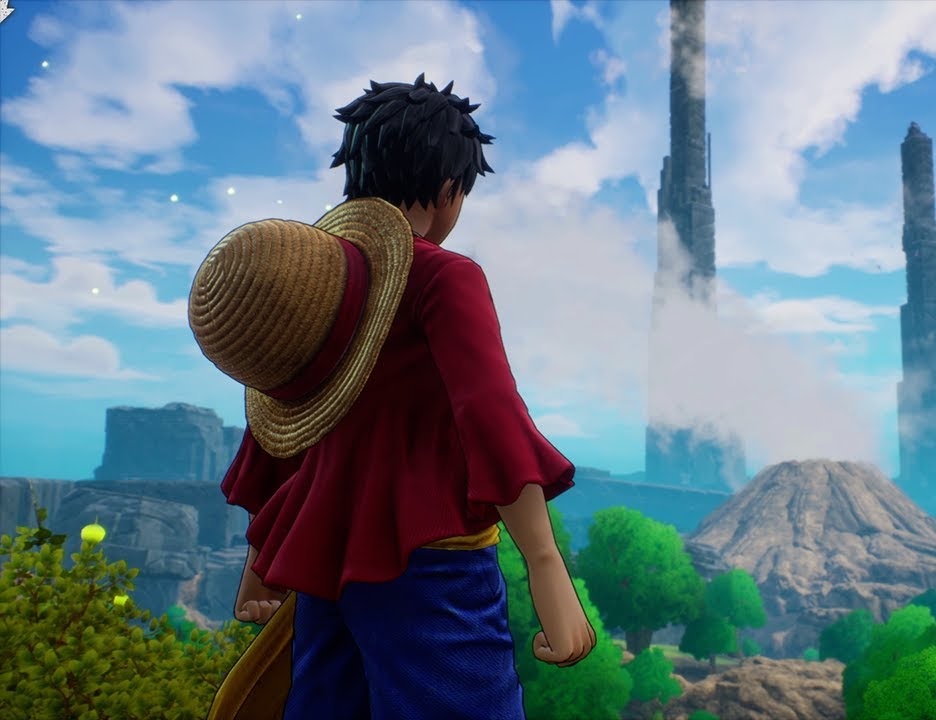
One Piece Odyssey Review
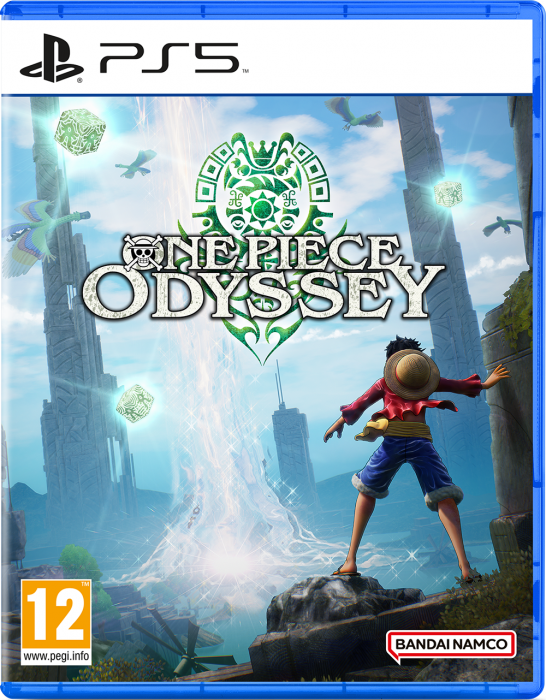
Pros
- Fantastic battle system
- One Piece fan's dream game
- Fun JRPG
- Graphical style is great
Cons
- Missing some key story bits
- Music not memorable
- Movement is a little sluggish
- Not a particularly difficult game
Licensed games have been common throughout video game history, especially during the 8-bit and 16-bit eras, where just about any intellectual property saw a video game tie-in. While licensed properties receiving video games is still common today, special care is usually given to those properties, as video game development costs is definitely increasing more and more, especially for consoles. Anime is definitely one of the biggest culprits in receiving video game tie-ins, although they tend to be mostly focused on fighting games, with the odd action-adventure title here and there.
One Piece is one of the most popular anime/manga franchises in the world, with it being the highest selling manga series in the world (yes, even outselling Dragon Ball). There have been a number of One Piece games throughout the years, with the Unlimited series being one of the better ones, due to its action/adventure setting, instead of the traditional fighting game. Enter One Piece Odyssey, a turn-based RPG that was announced in 2022, as part of One Piece’s 25th anniversary, with the genre being one of the rarer types for anime video games. They also brought in ILCA to develop it, a company that helped with Dragon Quest XI and Pokemon Brilliant Diamond/Shining Pearl.
The general story of One Piece is about pirates going after some treasure (yeah, it’s a bit cliche, when simplified like that), with Monkey D. Luffy being the main protagonist. The era of pirates started when a notorious pirate, named Gol D. Roger, eventually got captured and was being executed. During the execution, he mentions that he hid all of his treasures in one spot, called the One Piece. This started a frenzy, where a lot of people ended up becoming pirates, in search of this treasure, including Luffy. He sets out on a journey, to gather a crew, and get to the treasure himself. One Piece Odyssey is definitely a love letter to fans of the anime and manga, but those new to the series might be left in the dark a little bit.
Fans of One Piece and JRPGs will have a great time with this game.
One Piece Odyssey takes place well into the main story of the anime/manga, in the second half of it, and it is an original story made solely for this game. While on their journey, the Straw Hats crew get shipwrecked on an island, called Waford, where they get their powers stolen from them by a little girl, named Lim. The story basically revolves around them gaining their powers back, and solving the mystery behind Waford. One of the things that happens while getting their powers back is visiting previous areas they already encountered on their journey, through memories. These memories are largely the same as the anime and manga, although there might be some changes. Fans of the anime and manga will be happy to see a lot of those key moments in the game, though.
Of course, there goes one of the main problems with the story of the game. The original story isn’t all too bad, but it isn’t exactly going to win any awards. You can see the main outcome of the game coming from a mile away, as there are inklings here and there throughout your adventure. The main problem with the game is that it doesn’t set up well for those new to One Piece. The areas from the anime and manga you explore tend to leave out a lot of context, even with there being videos in the menus that give a more in-depth overview of each arc. There’s also only four main story arcs from the anime/manga, so you tend to miss out on a lot of other references to the arcs that aren’t in the game.
The areas from the anime and manga you explore tend to leave out a lot of context, even with there being videos in the menus that give a more in-depth overview of each arc.
For example, the first main story arc you visit is Alabasta, but you kind of are just thrown into the main island of Alabasta. You get a bit of build up to Alabasta, with two smaller arcs before the main one, in the anime and manga. You also don’t really see all of the major characters from the Alabasta arc, in the game, as it’s missing a lot of the fights between the Straw Hats and Baroque Works, the main villains of that saga. This holds true for the other main story arcs, too, since you usually just get thrown into the middle of it. Most of the super big moments are still there, of course, but setting things up is also just equally as important to the big pay offs.
The story does leave a little to be desired, as does the music in the game. Motoi Sakuraba, best known for his work in the Star Ocean and Tales series, did the composing for One Piece Odyssey. The problem with the music in this game is that none of it is really memorable, at all, except for one or two tracks. The sound design in this game is also lacking somewhat. There isn’t any English voice acting in the game, with seemingly, all of the known characters having their original Japanese VAs coming back to do their respective voices. Of course, considering the anime and manga is still ongoing, this isn’t too big of a stretch.
The game does look pretty good, though, as the cartoony style present fits well with the fact it’s a manga and anime. Despite what one might think of Eiichiro Oda’s style, he does have some oddball designs, especially with some characters and animals. That brings over a somewhat unique sense to the game, especially when you see something like a crocodile with a banana on its head, as an example. There wasn’t really any hiccups, in terms of framerate, with the game offering two different options, Performance Mode and Graphics Mode, on the Playstation 5. The environments are also pretty good, with there being a good amount of detail, which is something that might lack in other anime-related games.
Moving onto the meat of the review, the gameplay in One Piece Odyssey is your typical JRPG goodness. You explored decently sized areas, where you can break open containers, loot treasure chests, and just do normal exploration stuff. In the memory areas, you will be able to talk to NPCs and the like, but most of these are just random chatter that pertains to the current situation. There are sidequests in the game, some of which span the entirety of the game, so you will be able to do things in the long run. You will also find an in-game achievement system, called Objectives, which adds a bit to the gameplay, but these aren’t all too extensive and mostly rely on the basic optional things you will be doing.
The battle system is very fun and has some rather new innovations to the tired turn-based formula.
As already mentioned, One Piece Odyssey is a JRPG and it uses a turn-based battle system. Whenever you run into enemies on the field, you will be transported to a battle arena, where you will be facing your enemies. The main premise of the battle system can be summed up into two different aspects, the rock-paper-scissors system, and the Scramble Battle Area system. Each character you have in your party has a type attached to them, like Luffy is a Power-type character. That means he is strong against Speed-type enemies, but weak to Technique-type enemies. This is pretty much important the entire way through the game, as the weakness will make you take a lot more damage than usual.
Thankfully, the developers recognized this and allow you to switch out party members at any time, as long as they haven’t used up their action on the current turn. Even better, the character you switch in doesn’t have to wait until the next turn to take an action; this system is kind of reminiscent of Final Fantasy X, except you can switch out any characters at any time, meaning you don’t have to wait for their turn to come up. You will be doing this a lot, especially since you don’t always know the enemies’ types before getting into battle. The Scramble Battle Area system also plays into this some.
Even better, the character you switch in doesn’t have to wait until the next turn to take an action; this system is kind of reminiscent of Final Fantasy X.
Each battle in One Piece Odyssey is usually split up into areas, meaning you will have a character positioned in front of some enemies, with other characters in different areas facing off against different enemies. Normally, you won’t be able to move to a different area until you eliminate all of the enemies in the first zone, but you are able to switch characters via switching characters (some restrictions will apply, in certain circumstances). There is another mechanic you unlock, which will also allow you to switch areas with characters, without actually switching the characters themselves. The only thing you can’t do, in terms of areas, is move a character to an empty spot, which is a bit of a bummer.
The Scramble Battle Area system does make things a little more strategic, but it basically boils down to the rock-paper-scissors system mentioned above. Being able to change to an empty area would’ve been nice, since characters have skills that are either close-ranged or long-ranged. The latter allows you to attack enemies in other areas, even if you have enemies in that characters’ zone. Of course, some characters, like Zoro, don’t get a lot of long-range options, so they tend to be stuck. Overall, though, there is some kind of strategy in the battle system, so it does keep you on your toes somewhat.
You’ll be seeing a lot of the same attacks, over and over.
Another thing the battles will sometimes throw your way is little challenges during the fights, in the form of Dramatic Scenes. These will usually entail you to defeat a group of enemies, or one specific enemy, within a certain number of turns or before a party member gets defeated by them. These Dramatic Scenes can be fun, although they can sometimes feel so far between one another, you forget about them at times. Your reward for completing them is usually just a bunch of experience points, with you sometimes receiving items from the defeated enemies.
One thing that does need to be brought up, though, is the speed of the game. For some reason, everything just seems a bit too slow, from the exploration, and to the battles. If your character’s movement was increased by like 50% on the field, it might be better, especially since the game locks you out of using the fast travel system so often. Luckily, for battles, you unlock a speed up function very early in the game, so that does take care of that portion, although you never get the option to skip/turn off skill animations.
For some reason, everything just seems a bit too slow, from the exploration, and to the battles.
One Piece Odyssey is a fun game, especially for fans of the series, as there are little nods everywhere that can put a smile on that fan’s face. Since this is a JRPG, you are probably looking at a good 25-30 hours for the main story, with some added 10-15 hours, if you wish to do everything the game has to offer. It might not be the best game for newcomers to the series, but it can offer a great introduction, if one wishes to dive deeper, despite the daunting library of manga chapters or anime episodes already out. The world is deep and rich with lore, and the game definitely shows that, with plenty of easter eggs. The game’s difficulty starts out pretty easy, but balances things out a little more as you progress through the main story. In the end, though, the difficulty might be a little on the easier side, especially once you start getting more powerful. Overall, One Piece Odyssey is a very fun game, and an even better one for the One Piece franchise.
Great!
One of the best, if not the best, One Piece games, and a fine JRPG.
Gameplay:
Sound:
Graphics:
Story:
Value Rating:

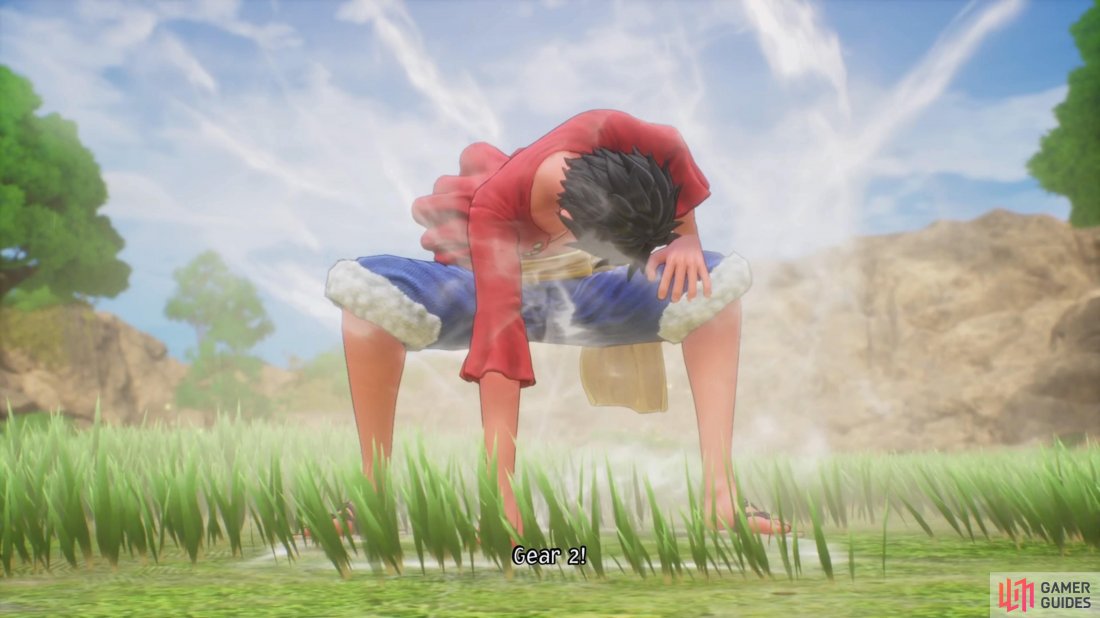
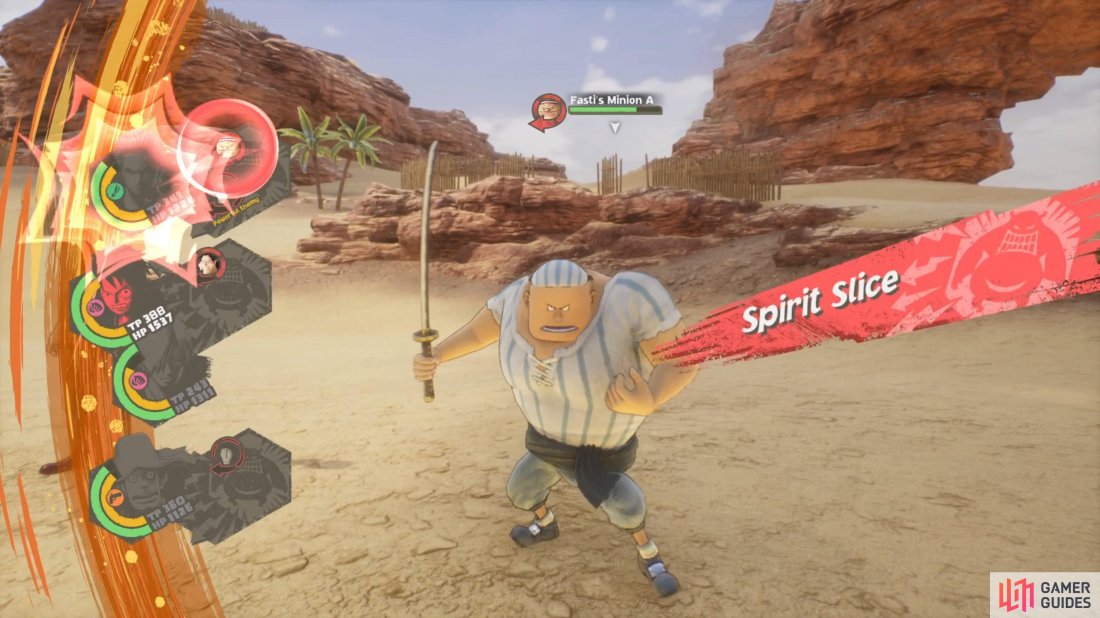
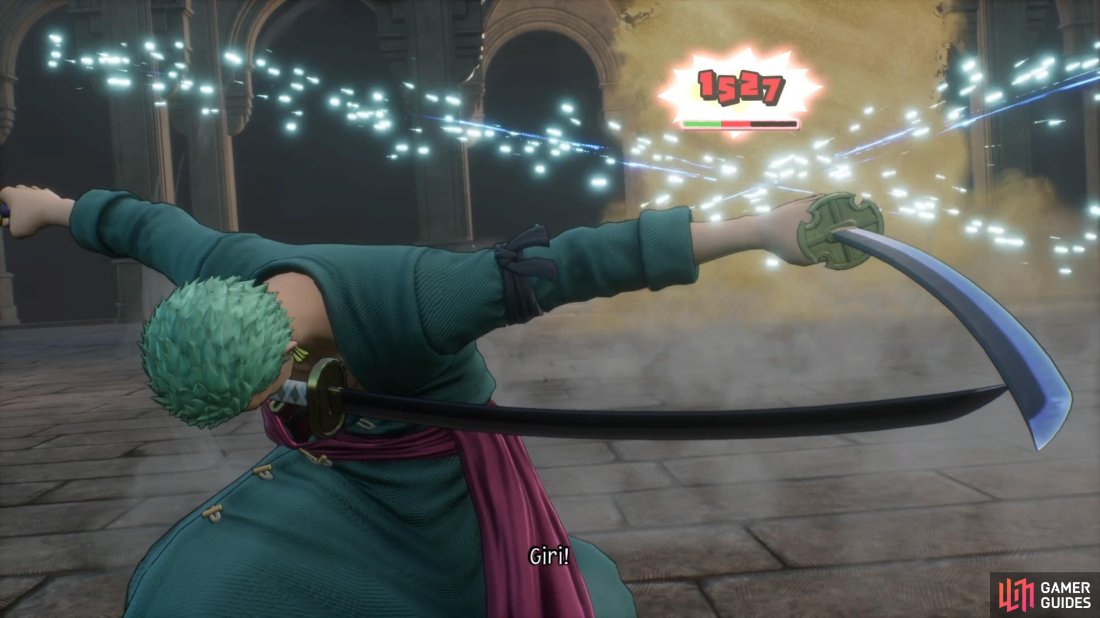
 Sign up
Sign up
No Comments